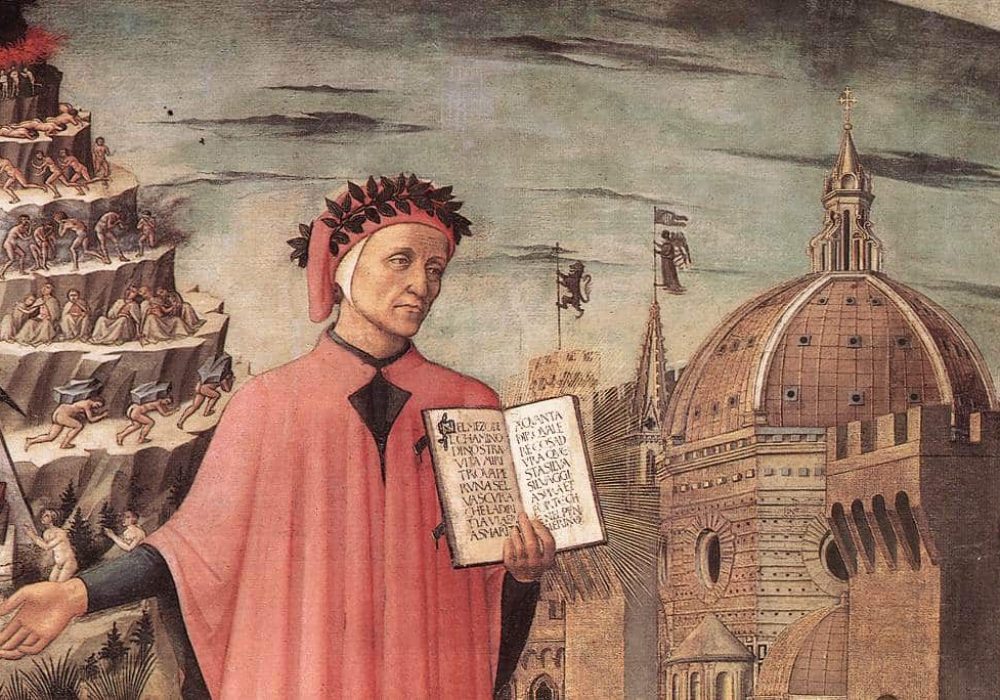Cosponsored by the Department of Romance Languages & Literatures and the Medieval Studies Workshop
Often considered the greatest work of Italian literature, Dante’s Divine Comedy depicts the exiled soul’s journey to God. At the end of thePurgatorio, Dante reaches the Garden of Eden. But, despite the setting of earthly paradise and the reappearance of the poet’s youthful love Beatrice, the protagonist finds remorse in Eden rather than triumph. The Earthly Paradise cantos can be understood as a reclaiming of Dante’s former identity of spiritually exiled lyric poet, wherein both poet and poem exist in a relationship of exile to the world that receives them.

